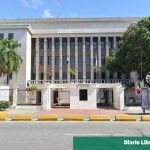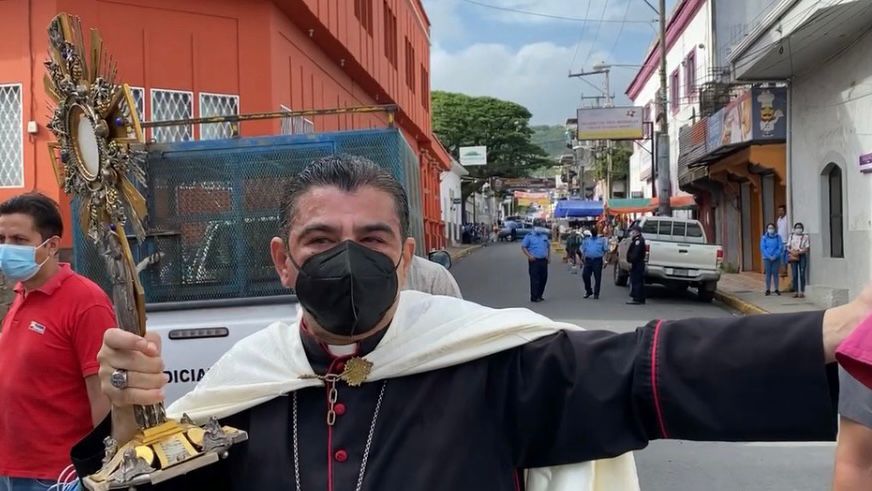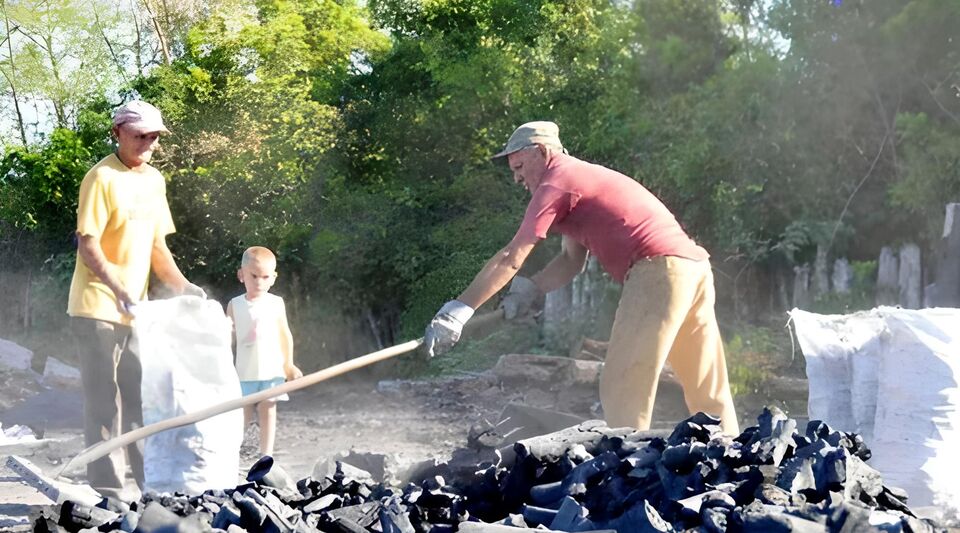“Every successful revolution ends up putting on the tunic of the despot whom it has deposed”, the famous quote from the historian Barbara Tuchman has rarely had as much certification as with the Nicaraguan satrap Daniel Ortega, whose dictatorship – exercised together with his eccentric wife, Rosario Murillo – is increasingly similar to that of the Somoza dynasty and is even beginning to surpass it in terms of corruption, violence, cult of personality and nepotism. Rare are these cases of “shared dictatorship” between spouses, as happened in the Philippines with Imelda and Ferdinand Marcos, in Argentina with the Peróns, and in Romania with the Ceausescu. Gioconda Belli, a Nicaraguan poet and novelist of great international recognition, painted in an article signed by her and published in Foreign Affairs magazine in 2018 a picture of this infamous regime: “…they have abandoned all pretense of tolerance and moderation and have unleashed a wave deadly repression… After 6 PM, most of the country’s cities seem deserted. The Nicaraguan government, as it did under Somoza, has declared war on its people.”
The writer recounts how Ortega went from being an idealistic guerrilla to a soulless autocrat: “…originally he governed as primus inter pares of the national directory of nine members of the FSLN. A quiet man, he was considered one of the less recognized or prominent figures in management. Some time later the FSLN lost power, but Ortega returned to the presidency in 2007 after several unsuccessful attempts and since then he has been able to consolidate a dictatorship following the manual of the authoritarian populist: make use of a solid parliamentary majority to subdue the Judiciary, impose restrictions on freedom of expression and take over the electoral authority. In 2014, the National Assembly changed the constitution to allow his indefinite re-election, as well as giving him exclusive authority to appoint military and police commanders. This is how Nicaraguans feel, once again, trapped by a tyranny without finding ways to defeat it.
On February 9, the Nicaraguan authorities released 222 opponents and “deported” them to the United States after declaring them “traitors of the homeland”, stripping them of their Nicaraguan nationality and depriving them of their citizenship rights. A week later, another 94 opponents (many of whom were already in exile) suffered the same fate, the famous writers Gioconda Belli and Sergio Ramírez among them. In addition, they were declared fugitives from justice and the confiscation of their assets was ordered. The insanity of this little dictator knows no limits. Arbitrary deprivations of nationality for racial, ethnic, religious or political reasons are prohibited by all international human rights laws and standards. That is why this decision has been received with vigorous and almost unanimous rejection by the leaders of all the democratic governments in the region, including those of the left. To our shame, the AMLO government maintains an ominous silence.
Authoritarianisms like Nicaragua’s are difficult to reverse, but the greater the international rejection, the less will be the possibility of the indefinite permanence of this duo in power, which depends more and more on brute force. The repression of the 2018 protests left more than three hundred dead, thousands injured and hundreds detained. The dictatorship is increasingly isolated in the world, despite having the sympathy of countries like Cuba, Venezuela and Russia and the complicit silence of governments like López Obrador’s.

















